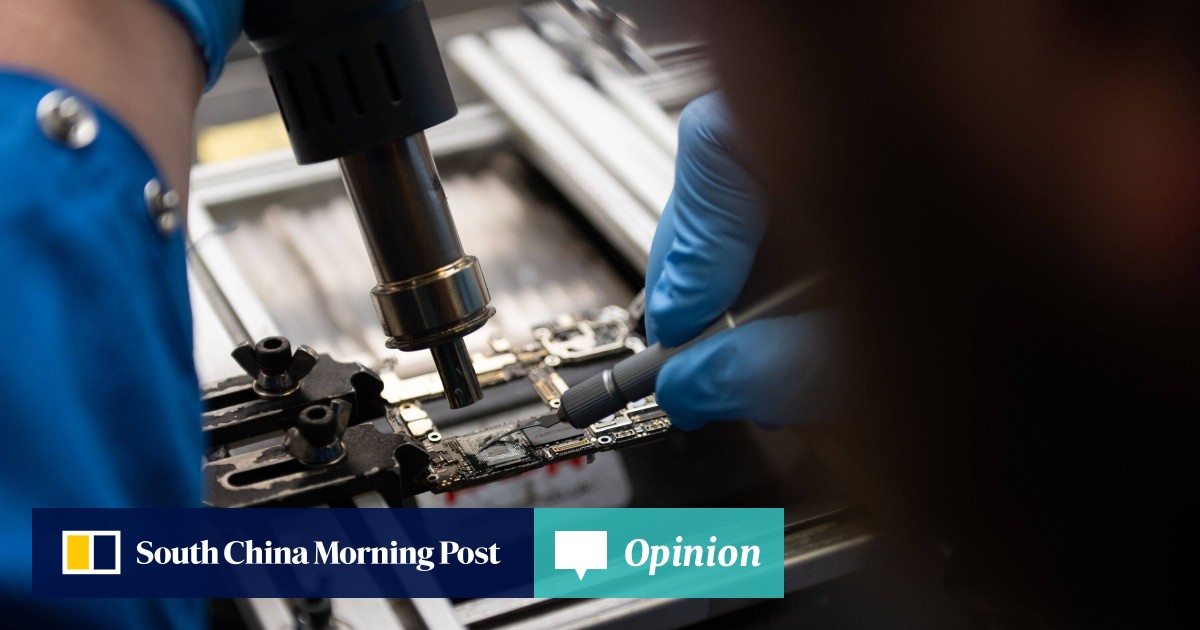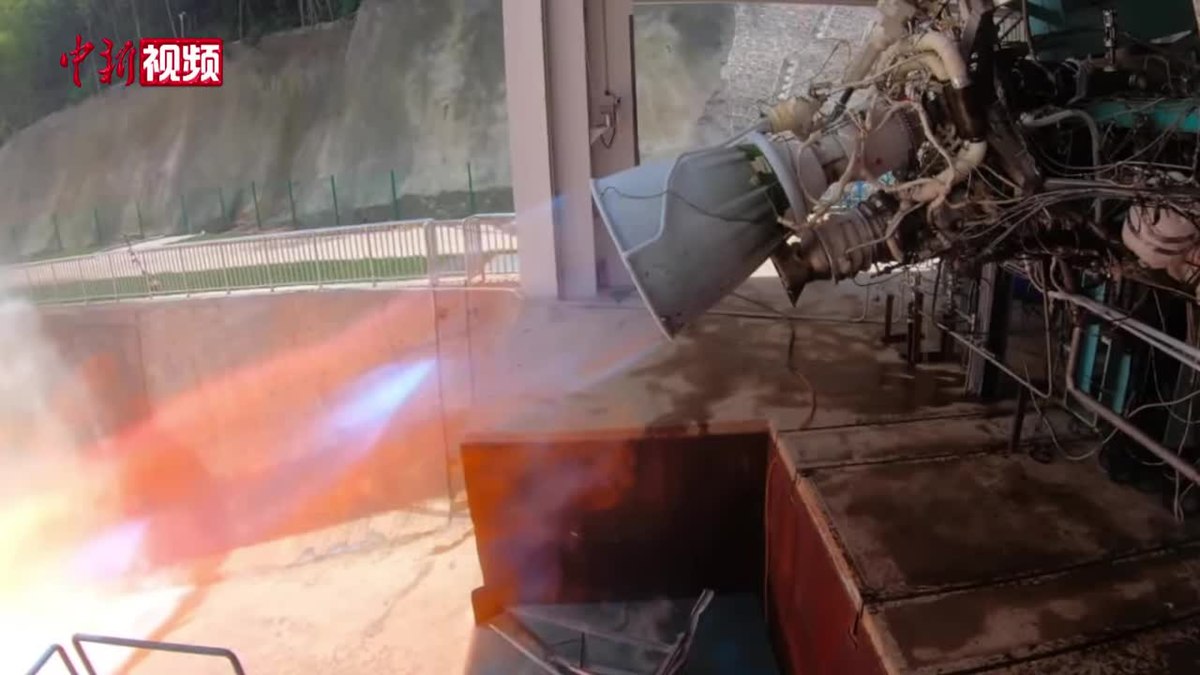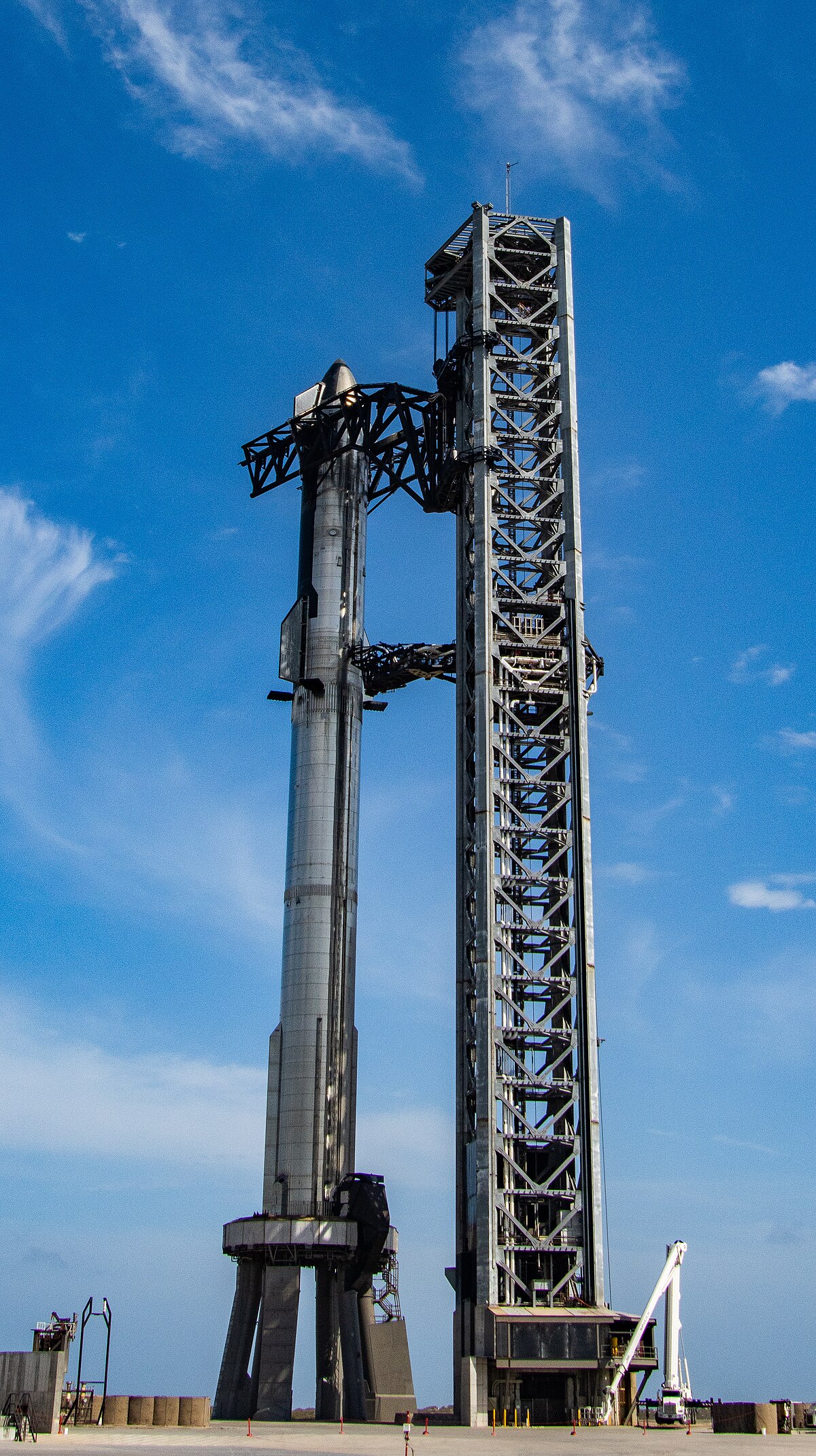beijingwalker
ELITE MEMBER

- Joined
- Nov 4, 2011
- Messages
- 65,191
- Reaction score
- -55
- Country
- Location
Why Beijing should thank the US for its space and chip industries
- Individuals, corporations and nations grow in strength not by having an easy time but by confronting severe, even existential, challenges
Andrew Tate sometimes reminds me of Arnold Toynbee, the historian and philosopher. Seriously. I often get a kick out of listening to the infamous social media personality not unjustly accused of being a misogynist and shameless self-promoter. Say what you like about Tate, though, he is often bang-on in his observations, like this one on why Prince Harry is such a whinging walking mess of a human being:
“I am not in a plushy bed at home, crying about what? That’s really Prince Harry’s book. It should have just been called ‘Privileged’. The best upbringing you can have is good parents and no money. If you don’t give a man struggles, look at what he becomes physically, mentally.
“Born in the royal family, everything’s been perfect his whole life. And struggle is subjective, so Prince Harry dealing with his current problems of his wife nagging him, that’s full mental breakdown.
“This guy has such a privileged life that he’s ended up a miserable, depressed, unhappy person. If bad things don’t happen to you, you’re gonna end up like Prince Harry. And you don’t want to end up like that dude, do you?”
OK, there was his mother’s horrendous death. But the prince is 39 years old now and he still can’t get over it. Of course, Anglo-American “woke” culture encourages victimhood, whether real or imagined, for everyone. But shouldn’t we teach people to raise above it, not wallow in it?
I was just watching Mission: Impossible – Dead Reckoning online this week where French actress Pom Klementieff plays a ruthless assassin. She also played Mantis in Guardians of the Galaxy Vol. 2.
I read that her father died when she was five, her mother had schizophrenia so she was raised by her uncle, who died on her 18th birthday, and then her older brother committed suicide on her 25th birthday. If her life story was a weepy script, Hollywood wouldn’t produce it for being too unrealistic. So really Harry, get a grip!
As it is with people growing up, so it is with societies developing into strong nations. Toynbee argues the same in his multi-volume A Study of History where he calls this phenomenon of success “the virtues of adversity”.
“We have been led to reject the popular assumption that civilisations emerge when environments offer unusually easy conditions of life and to advance an argument in favour of exactly the opposite view,” Toynbee wrote.
“Ease is inimical to civilisation … the greater the difficulty, the greater the stimulus.” Quite!
In the early 2000s. Nasa would even let Russian astronauts work in the International Space Station (ISS) but not the Chinese, who have been exclusively barred from entering any Nasa facilities.
Today, the Chinese have a new space station while the ISS is near its expiry date.
Or consider Huawei Technologies, the telecoms giant. How many times has Washington tried to kill it? As Edward Snowden revealed years ago and Beijing officially acknowledged last month, the United States carried out cyberattacks against Huawei HQ more than a decade ago.
US hostilities subsequently escalated to the failed prosecution of its founder’s daughter and company No 2, the current sanctions, the ban on advanced chip sales and the strong-arming of allies around the world to cut Huawei, among other Chinese tech companies, out of their supply chains.
Huawei recently delivered the Mate 60 Pro smartphone with a pretty good chip, not even the most advanced; Washington responded in anger and fear like the bad old days of the Cold War when Stalin and Mao exploded their first atomic bombs.
Huawei and the Chinese chip industry should thank the US for making life difficult so they have to develop their own capacities. That didn’t take long. Without the American challenges, they would still be mail-ordering the chips.
Tate and Toynbee are offering a timeless morality tale about the need for challenges and struggles, and the benefits that come with them – if you survive.
The Chinese space and chip industries are examples of that.

Opinion: Why Beijing should thank the US for its space and chip industries
Individuals, corporations and nations grow in strength not by having an easy time but by confronting severe, even existential, challenges.











